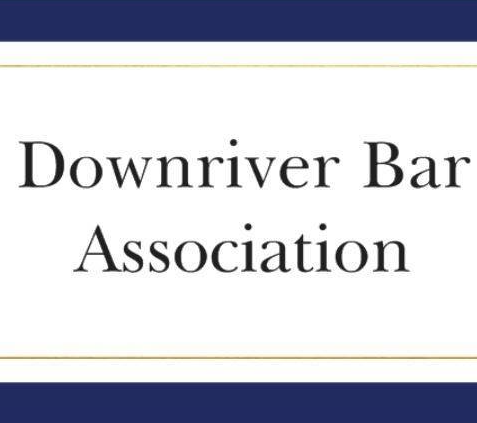Welcome to
SHIMEK LAW FIRM, PLLC
Protecting your family, property, and future.
Southeast Michigan Attorneys
P R A C T I C E A R E A S
Our family law attorneys have extensive experience in contested and uncontested divorces, and will handle your separation with compassion, kindness, and professionalism.
When a marriage or relationship ends, decisions involving children can be emotional. It’s great when you and your ex-spouse or ex-partner can agree amicably on custody, support, and other provisions.
Opening your heart and your family through adoption is joyous and rewarding, but the process can be complicated. We can help you navigate the legal requirements and unanticipated obstacles.
Medical debt, loss of income, business debt, divorce, and other life changes can take a toll on your financial security. Bankruptcy protection gives you the power to regain control of your future.
When a loved one passes or becomes unable to make decisions about their care, you need compassionate, experienced counsel to help you resolve their affairs with dignity. We will advise you every step of the way.
A comprehensive estate plan gives you peace of mind and provides clear instructions to your loved ones and heirs throughout your life and upon your death.
At Shimek Law Firm we understand that personal injury cases can arise from a wide range of accidents and incidents. Our experienced team of lawyers are committed to helping you obtain the compensation you deserve.
The attorneys and professionals at the Shimek Law Firm represent clients in Wayne, Washtenaw, Oakland, and Monroe Counties, counseling them in a variety of matters, including:
- Divorce, Adoption, and Family Law
- Debt Relief and Personal Bankruptcy
- Personal Injury
- Guardianships and Conservatorships
- Probate Administration
- Estates, Wills, and Trusts
Whenever feasible, we utilize negotiation, mediation, and other economical, out-of-court alternatives to resolve disputes. If those options aren’t possible, we’re not afraid to fight our clients’ battles in the courtroom.
Lawsuits and legal proceedings are stressful. Count on us to explain the process, answer all of your questions, and respond to your calls and emails every step of the way. We maintain a safe and healthy office environment, but we will gladly meet with you by phone or video during the pandemic if you prefer.
If you need a team committed to protecting your best interests, schedule a consultation today by calling (734) 285-5625 or filling out the form below.
Read what clients have to say about the Shimek Law Firm:
* We are a debt relief agency. We help people file for bankruptcy relief under the Bankruptcy Code.
Recent Blog Posts










